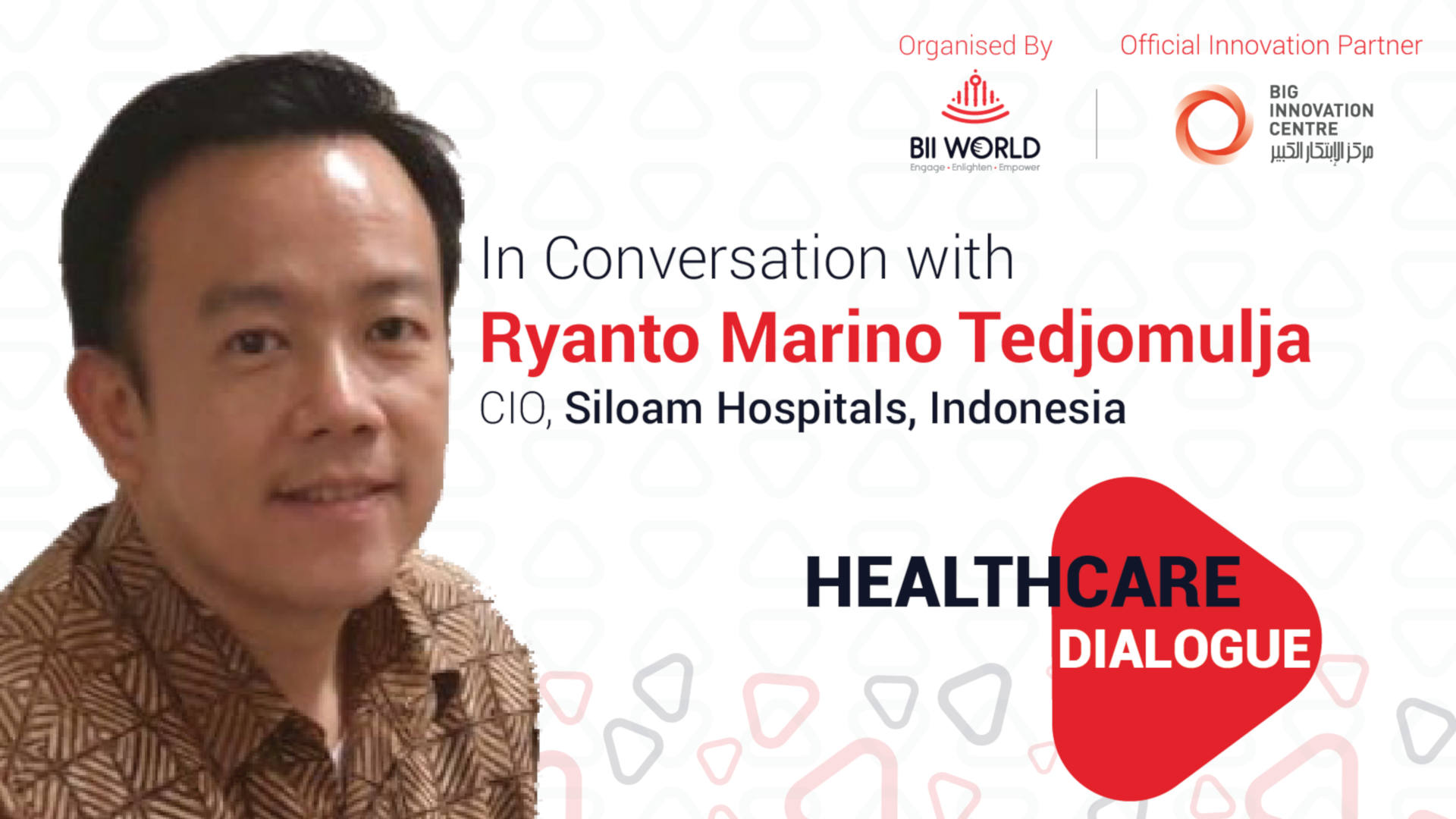Please share your experiences of the biggest challenges that your organization has faced as a result of Covid 19 and lessons learnt along the way?
Healthcare is a sector that has existed for a very long time. When compared to some other industries, the speed of change in healthcare has been relatively slower. But this Covid 19 pandemi brought to us such a huge amount of change in such a short time. We’ve got to change our safety protocols over night, change the way we care for and communicate with our patients, change the way we operate our organization, and build new technologies quickly. So one the biggest challenges I would say is changing our culture and mindset to be more agile to adapt to the changing world and face uncertainties. On the other hand, this last couple of months has been a period with many lessons learnt. We learn to be even more focused on patients and caregivers. We learn to collaborate with each other to achieve a common objective. We also learn to be open minded to find new and better ways to do things.
How you can maintain current innovation momentum beyond COVID-19 and overcome long-term regulatory, technical and cultural challenges. Your thoughts on how we can sustain Healthcare Innovation in the New Normal and Beyond?
One wise man once said that we’ve got to always keep one foot in the present, and one foot in the future. And if we look at the history of mankind, we can clearly see that the pace of change has been accelerating rapidly. A major change that took decades just a hundred years ago, can happen in just a few years in this digital world. The faster we can accept this reality – that things are going to change, and there’s always a better way to do things – the faster we can make innovation as part of our culture.
What could the digital patient journey look like beyond COVID-19?
Covid 19 pandemi has accelerated digital adoption in healthcare around the world, even more so in developing countries like Indonesia. Patients and doctors are becoming more comfortable to perform part of the care through digital channel. Interaction between patients and caregivers can happen more effectively prior and post hospital visit. Patients will be more involved in the whole care process. A patient’s experience during the hospital visit will be more seamless as hospitals transform into digital hospitals. And as more and more information becomes digital, AI will be more effective to help diagnose, treat, and prevent diseases.
How to design the digital experience that is suited for their patient populations while remembering to address the needs of caregivers who will deliver and manage the experiences?
First and most importantly, we need to listen more. Both to our patients and also to the caregivers. We need to put ourselves in their shoes, and see what their “pain points” are. There is no point developing a sophisticated digital product that is not solving the users’ problem. Then throughout the journey to design, build, validate, and implement a digital capability, it’s always a good idea to involve the key stakeholders (whether it’s the patients, caregivers, payors, or hospital administrators) in the process.
As a speaker at PXES, what are you most looking forward to?
I look forward to get to know more people from around the world, exchange ideas, and learn from their experiences. This is an exciting time for healthcare, and I’m excited to be part of the healthcare transformation journey to provide better patient experience.


Leave A Comment